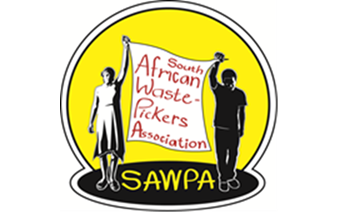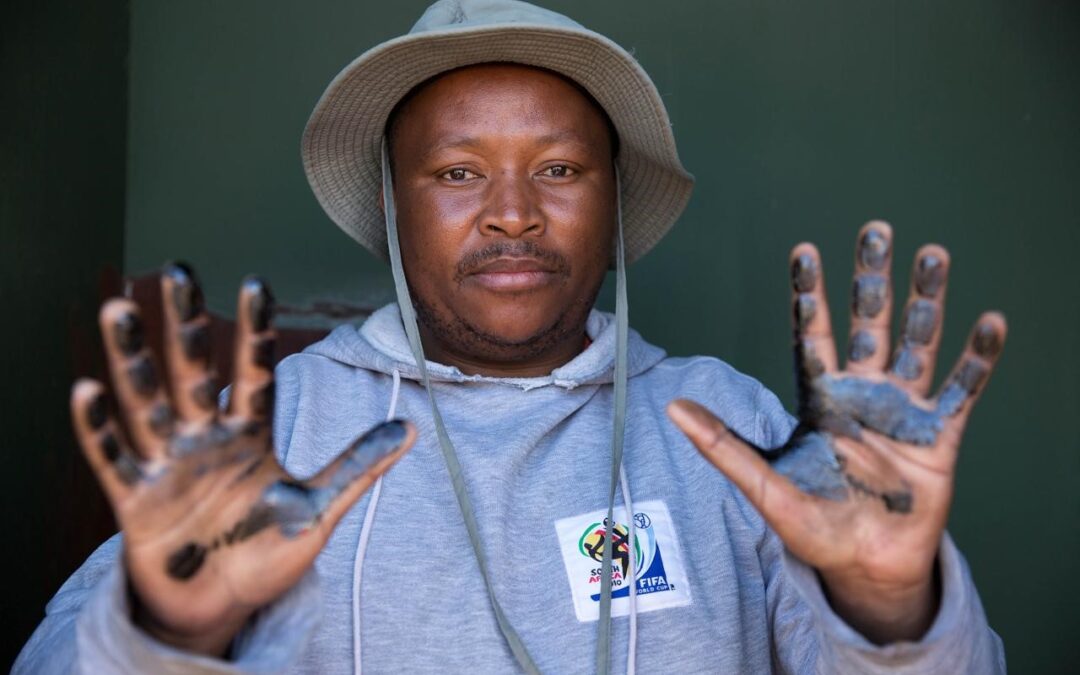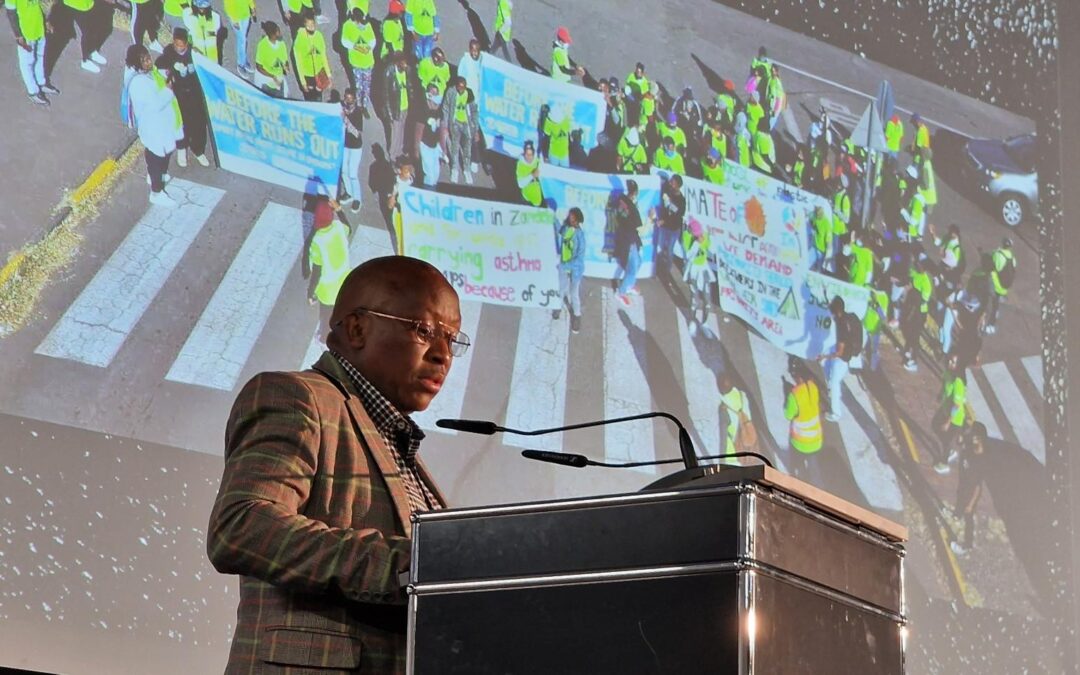
The biggest national waste pickers’ movement goes through an open and democratic process of electing its leadership structure, review past SAWPA activities from 2019 and plan for a way forward
Johannesburg, Tuesday, 02 August 2022. The South African Waste Pickers Association (SAWPA) is hosting its 6th biennial national meeting. The meeting will be convened in Observatory from 2nd to 4th August 2022. Waste pickers from all nine provinces will be in attendance. The meeting will also build solidarity with African waste pickers from Sierra Leone, Kenya and Ghana. Waste pickers are organised in various countries in Africa and globally.
The primary purpose of the meeting is to elect a new leadership structure. This is the first opportunity for SAWPA to convene following the passing of national coordinator Simon Mbata who sadly passed on in February in a car accident. SAWPA leaders will also take time to reflect and take stock on the work done in the past two years as well as put together plans on how they take their struggle forward.
Waste pickers play a very important role in our society as they pick materials from our waste streams for the purpose of recycling. They also help in terms of mitigating the impacts of climate change. When waste decomposes in landfills, it ends up emitting methane gas which is one of the drivers for climate change. Waste pickers make an honest living by taking discards and giving them second or third lives rather than disposing at landfills. Waste pickers also directly assist municipalities by diverting waste away from the landfills and dumpsites.
Since the launch of SAWPA in 2009, the organisation has experienced significant gains in their struggle. The 2009 conference focused mainly on gaining recognition of waste pickers by government, this became a reality after five years when the late former minister of Environment Affairs Edna Molewa told parliament that the existence of waste pickers in the country should be regarded as big positive initiative in the country. This formal recognition was cemented when the department of Environmental Affairs decided to commission guidelines for the integration of waste pickers into waste management systems in municipalities across the country.
Municipalities from all over South Africa have since started engaging waste pickers as part of the integration process, however some are still moving at a snail’s-pace and failing to support the work of waste pickers. Positively we have seen cities such as city of Tshwane, City of Johannesburg starting to implement formal projects with the aim of working with waste pickers.
Additionally, industrial sectors have also been compelled by the Environmental Department to formulate plans for ensuring that their packaging waste materials or waste can be returned for reprocessing through extended producer responsibility schemes. These schemes have forced these industries to start negotiations with people in the value chain who are handling their materials post-consumer usage. Under this scheme, the registered waste pickers in the national registration system will start receiving a fee from EPR schemes as a payment for collecting the recyclables of different industries.
Overall, zero waste to landfill is what SAWPA wants and this is underpinned by the Waste Act 2008 which addresses the overall reduction of waste through its management over the whole waste cycle starting from the source. If all the packaging materials were made from recyclable materials, there will be no waste but resources for waste pickers in a circular economy. This would result in recycling rates in South Africa to rise, but this can only be achieved through government, industry, and waste picker collaboration.
This convening hopes to reflect from the 2019 national conference and to plan for 2022-2023. Priority issues include the ongoing registration of waste pickers, organising, integration, election of the new leadership, and solidarity and collaboration with other social movements such as Abahlali Basemjondolo. Following the three-day meeting SAWPA will draw out and adopt resolutions that will take the waste picker revolution forward.



